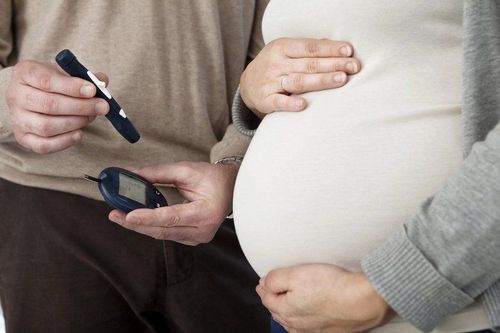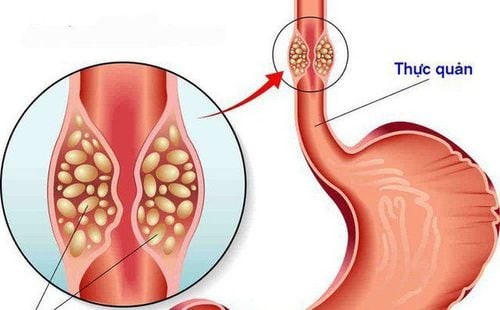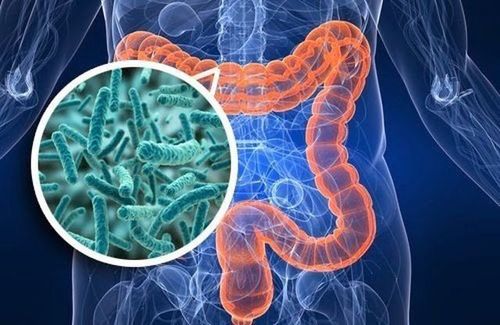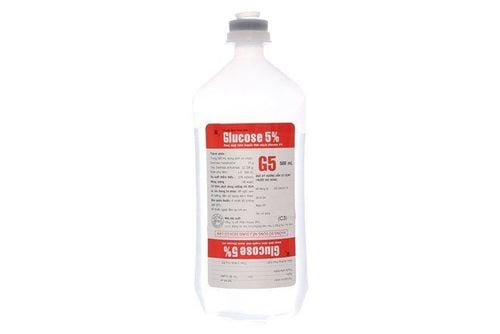This is an automatically translated article.
Posted by Doctor Mai Vien Phuong - Department of Medical Examination & Internal Medicine - Vinmec Central Park International General Hospital.
Electrolytes have an important role for the human body, directly related to important metabolic processes. These substances are provided through drinking water, food. If electrolyte loss will seriously affect health, so it is necessary to maintain their supply into the body every day.
1. What are electrolytes?
Electrolytes are mineral substances such as Sodium, Potassium, Calcium, Magnesium, Chlorine, Phosphate, bicarbonate... that can be dissolved in body fluids to create electrically charged ions, some ions will be positively charged and Some ions are negatively charged.
Electrolytes have an important role in metabolism, promoting muscle activity and other processes taking place in the body easier and more efficiently.
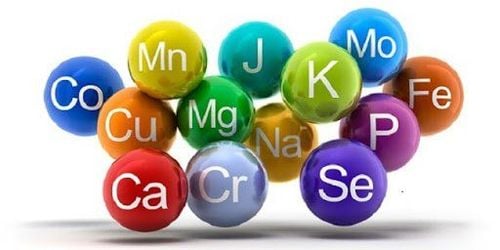
2. Uses of Electrolytes
Electrolytes are essential to the body because thanks to them, cells (especially nerve, heart and muscle cells) can maintain energy, supplement necessary nutrients for organs. perform its duties. However, each electrolyte has its own functions and roles:
Sodium: is the main element of extracellular fluid, plays an important role in maintaining fluid osmosis, stimulating nerve conduction, Helps balance pH and protects the body from fluid loss. Potassium: Potassium makes up a large percentage of intracellular fluid, helps to regulate electrolyte balances, helps muscles contract, and to regulate normal brain and nerve function. In cells, potassium has an important role in balancing the amount of acid, osmotic pressure and retaining water for the cell. On the other hand, potassium also works with sodium to maintain the normal function of muscles and heart, helping to control heart rhythm. Magnesium: Magnesium is a substance that helps regulate the concentration of diffusants, lipids and proteins in the body, and is also an element that ensures efficient muscle contraction and nerve conduction. Calcium: is an important electrolyte that directly affects the activity of enzymes, plays an important role in the structure of the skeletal system, ensures blood clotting and the functioning of the muscle systems.
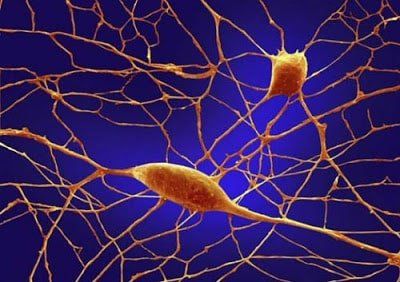
3. What problems will electrolyte imbalance cause?
Electrolyte imbalance (electrolyte disorder) is an abnormal manifestation of the body's electrolyte levels. The most serious electrolyte disturbances are more often related to sodium, potassium or calcium levels than to other micronutrients.
Cause: Electrolytes can be lost when the body sweats a lot when having a high fever, exercising, doing sports or having diseases that cause diarrhea, vomiting, dehydration... Some diseases Chronic laxative abuse or gastroenteritis can also lead to electrolyte disturbances and dehydration. People with eating disorders, anorexia are also at high risk for electrolyte imbalance. Signs: If the body loses too many electrolytes, the body will show signs such as exhaustion, fatigue, itching, muscle weakness, abdominal distension, erratic increase or decrease in heart rate, vomiting, convulsions. Seizures can even lead to death. Hypomagnesemia will have the following manifestations: Cardiovascular causing ventricular arrhythmias Neuromuscular: Muscle weakness, positive Chvostek and Trousseau signs, generalized convulsions, Tetany spasticity, dizziness, ataxia, nystagmus Because of these dangerous manifestations, directly affecting health and daily life as above, supplementing and maintaining electrolyte balance in the body is important. extremely urgent and worth noting. The assessment and quantification of electrolyte ion concentrations is also very important to determine the treatment direction for patients with electrolyte disturbances.
Please dial HOTLINE for more information or register for an appointment HERE. Download MyVinmec app to make appointments faster and to manage your bookings easily.





